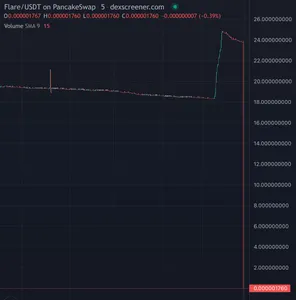After a stint on Season 2 of Love Island Australia, Vanessa Sierra has made a career as a successful OnlyFans performer. In 2021, she also began offering crypto trading tips in a Telegram channel that now has more than 10,000 subscribers, and in March 2022 she launched her first NFT project: "Smol Boyz Land". The project was supposed to involve acquiring metaverse land, and was based around her opinion that "it's clear statistically and exponentially that [metaverse land] prices will trend upwards". What could go wrong?An investigation by OKHotshot has reported that Sierra rug pulled the NFT project, using project funds to wash trade her own NFTs before cashing out. In total, she withdrew 120 ETH (at the time worth around $316,000; today worth around $151,000). Throughout, Sierra claimed that "absolutely none of the funding has been taken by founders".
In addition to the allegations around her NFT project, OKHotshot identified other shady behavior by Sierra, such as pumping-and-dumping other NFTs she'd purchased, and placing lowball offers in $DAI on big-ticket NFTs, hoping that their owners would mistake them for ETH.
After OKHotshot published the thread, Sierra blocked them on Twitter, and deleted the NFT project's Twitter account and website.










